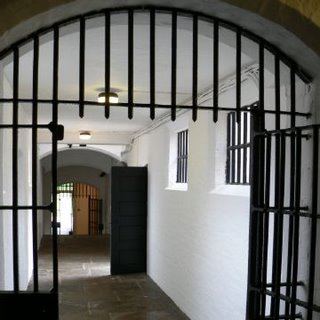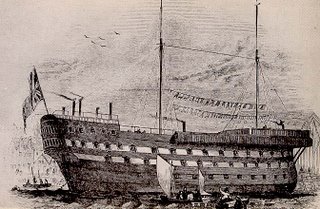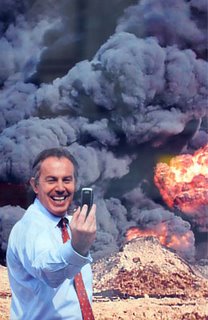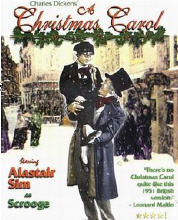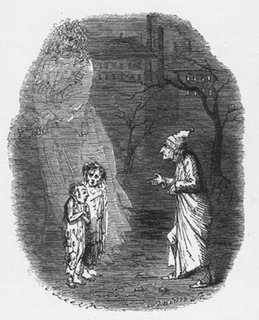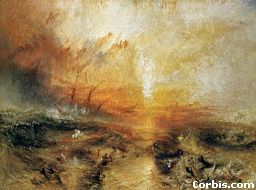The New Angle on Community Punishment
Community Groups to have say in Court: The detail to come from Government later today (Monday 29th January 2007).
Trailed for some time, this proposal is quite awful.
The extension of the role of "Community Groups" and their integration into the local and regional policy framework has been a core theme of the workings of this Government since 1998. Political Parties have increasing difficulty in finding candidates of calibre (or, come to that, any candidates) for local government elections. The extension of a putative community authority to unelected community group members steps away from democracy, accountability, open procedures and opportunities for scrutiny. At the same time, this feeds the government's claim of an enhancement of community involvement in policy making and delivery. This questionable policy extends the role of community representatives (added to the business and other representatives nominated without public scrutiny) to membership of the under-reported Local Strategic Partnerships. Such extended roles are available only to those who have both the level of commitment and the time to meet that responsibility (not forgetting the income needed in order to release the time). There are no opportunities for community scrutiny or for the election of representatives.
Here in East Bumbleflock, the EB Community Network has 6 seats reserved on the LSP. The 181 members of the EBCN listed on the Website range from Age Concern and the Ataturk Allotments Association to the Zorro Riding School (names changed to protect the innocent). This includes membership for facilitating charities, companies limited by guarantee and agencies based outside the Borough. Unknown to most members, the Memorandum and Articles of Association in effect place the authority of EBCN above that of the Governing Documents of Member organisations (although I as yet know of no case where that power has been exercised nor of parallels in other Boroughs). The number of members serves to enhance the claim on authority for the EBCN and for the LSP.
The procedures for the election of or appointment of Community Group leaders or Officers are not open to all members of a community (however defined) through secret ballot (such would be ridiculous - 181 elections a year in the Borough?). Neither are there any manifestos or policy statements published prior to such appointment. No. Such people are appointed at ill-attended and ill-publicised AGM's, with votes by a show of hands. The field is wide open to entryism by those who, for whatever reason, wish to have local influence. Their authority is exaggerated. Their purported claim on community authority is further reinforced by all of the enabling agencies and larger community networks which can access government or charitable funding. The existence of the groups then justifies the existence (and careers) of the professionals employed within the sector. Such professionals will also help you establish your community group.
It is then in the survival interests of the institutions and enabling professionals to facilitate the expansion of such groups. It is also in the interest of the Government who wish to extend (and perhaps believe) the illusion of greater local involvement in government. This is false, It is greater unelected involvement in the policy of a government which has at the same time been regionalising the administrative tentacles of its centralised authority. In such ways are people misled and subverted.
This vehicle for those who wish to have a say in the policies affecting their communities can open the door for those who recall the ideal of largely unpaid public service, who are personally disinterested in reward or self-aggrandisement. Such beings are increasingly rare and easily dissuaded from their path by jargon, petty power games, and the more dedicated entryism of such as evangelicals, bless 'em.
At worst, community groups can provide a vehicle for the policies of prejudice and unreason, as does this proposal.for involvement in Court procedures and prospective influence on sentencing.
Do you know what Community Groups are in your area? Who their members are?
If it please the Court, I think they should all be crucified. Or perhaps stoned. Stocks on the local green. Ducking stools. Chain-gangs. The pits of Hell.
Dodo
